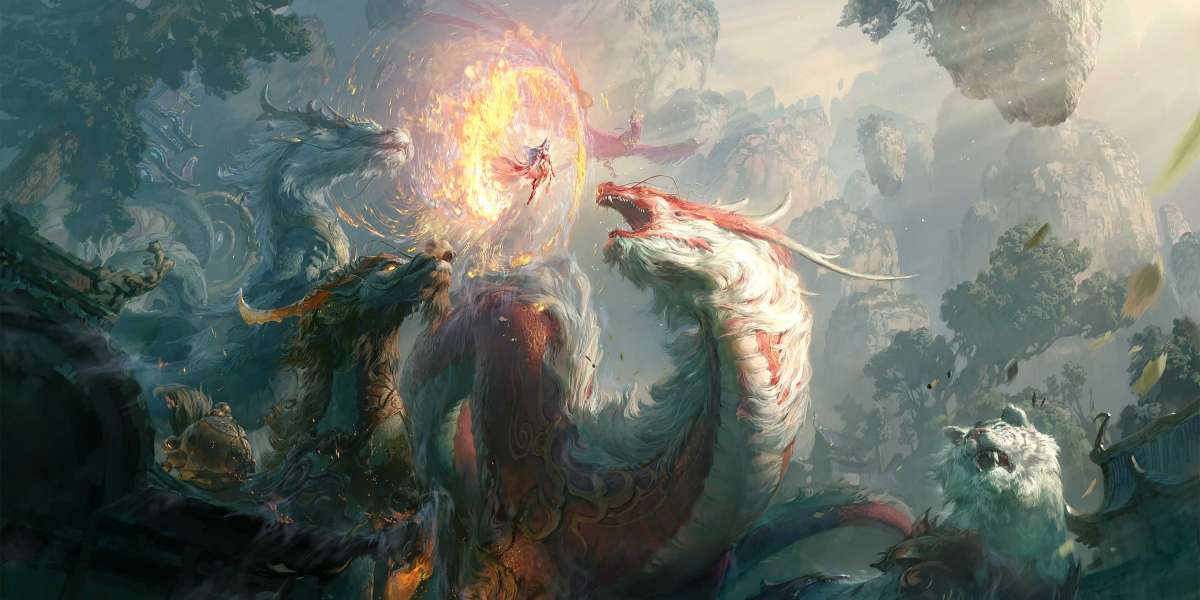Unveiling the Art: Discover the Secrets Behind Anime Sculpture and Painted Figures
In the vibrant world of anime, painted figures serve as a bridge between the imaginative realms of storytelling and the tangible beauty of art. These meticulously crafted sculptures capture the essence of beloved characters, allowing fans to bring a piece of their favorite series into their homes. The popularity of painted figures has soared in recent years, becoming a significant part of anime culture and appealing to both collectors and casual fans alike. This exploration delves deep into the techniques, styles, and artists that define the art of painted figures, offering insights into what makes these sculptures so captivating and cherished.
Understanding Painted Figures
Painted figures are three-dimensional representations of characters from anime, manga, and video games, distinguished by their vibrant colors and intricate details. Unlike traditional sculptures that may aim for realism or abstract interpretation, painted figures focus on capturing the unique features and personalities of characters, often stylized to reflect the art style of the source material. The evolution of painted figures can be traced back to the early days of anime culture, where fans began creating handmade models. As production techniques advanced, mass-produced figures became widely available, leading to an explosion in popularity during the late 20th and early 21st centuries. Collectors are drawn to these figures not only for their aesthetic appeal but also for the nostalgia and emotional connection they evoke, making them a significant aspect of anime fandom.
Techniques in Creating Painted Figures
The creation of painted figures is a complex process that involves several techniques, each requiring a high level of craftsmanship and attention to detail. Sculpting is the foundational step, where artists use materials like clay or resin to form the base structure of the figure. Once the sculpting is complete, the painting process begins, which is crucial for bringing the figure to life. Artists may employ airbrushing for smooth gradients and fine details, or hand painting for more intricate designs. The finishing touches often include applying washes and glazes to enhance depth and texture. These techniques not only showcase the artist's skill but also transform a simple model into a stunning representation of the character, making each piece a unique work of art.
Painting Techniques
Among the various painting techniques, airbrushing stands out for its ability to create smooth transitions and subtle shading, allowing for a lifelike appearance. Hand painting, on the other hand, offers more control and detail, enabling artists to add intricate patterns and highlights. Additionally, washes and glazes are used to accentuate shadows and enhance the overall finish of the figure. These methods require a steady hand and a keen eye for detail, as even the smallest mistake can alter the character's likeness. A friend of mine, an avid collector, once shared how he spent hours perfecting the color scheme of a figure, illustrating the dedication many artists and hobbyists pour into their work.
Styles of Anime Sculpture and Painted Figures
Anime sculpture and painted figures come in a variety of styles, each reflecting the diverse aesthetics found within anime culture. Realistic figures strive to mimic the look of the characters as closely as possible, while stylized figures may exaggerate features for artistic effect. Chibi figures, characterized by their oversized heads and diminutive bodies, provide a cute and playful take on beloved characters. This diversity in styles allows collectors to curate their collections based on personal preferences and the themes they enjoy. As trends in anime evolve, so too do the styles of painted figures, showcasing the dynamic nature of this art form and its ability to adapt to changing tastes and influences.
Influential Artists in the Field
The world of painted figures is enriched by the contributions of talented artists and sculptors who have pushed the boundaries of this art form. Figures created by renowned artists often become coveted pieces among collectors, as their unique approaches and techniques set them apart. Notable figures such as those from skilled sculptors can reflect a profound understanding of anatomy, movement, and character expression. The impact of these artists extends beyond their individual works; they inspire a new generation of creators eager to make their mark in the industry. Personal stories from fellow enthusiasts often highlight how discovering a particular artist sparked their interest in collecting, emphasizing the community aspect of this vibrant art scene.
Celebrating the Artistry of Painted Figures
Painted figures are more than just collectibles; they represent a unique intersection of art, culture, and fandom within the anime community. Through the exploration of techniques, styles, and influential artists, we gain a deeper appreciation for the craftsmanship involved in creating these stunning sculptures. As the popularity of anime continues to rise, so too will the artistry behind painted figures, encouraging both collectors and new fans to celebrate the creativity that fuels this captivating form of expression. By valuing the artistry and dedication that goes into each figure, we not only honor the creators but also enrich our own experience as part of the broader anime culture.








